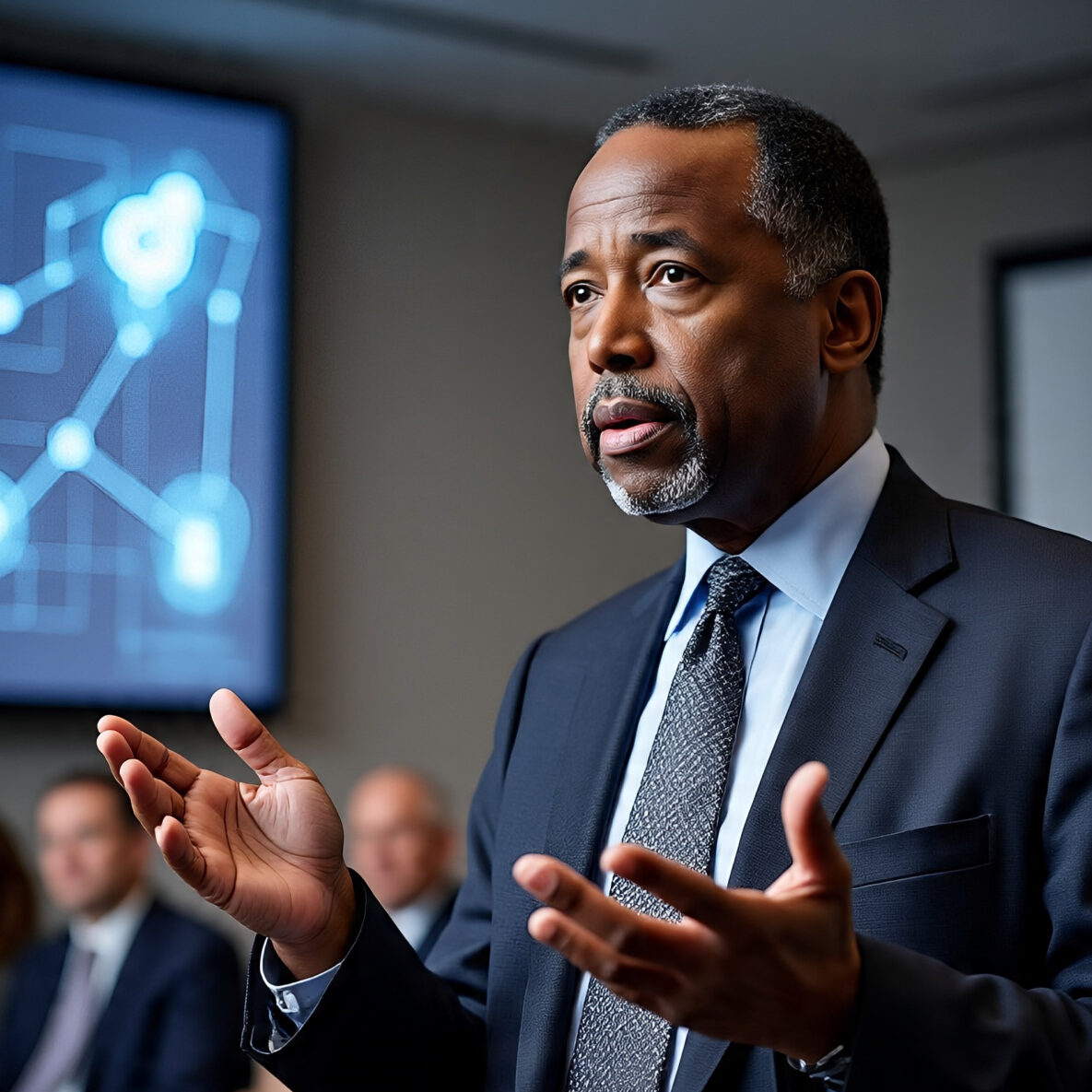
Artificial intelligence is transforming various aspects of contemporary life, spanning from healthcare and education to technology and communication. Just like any tool, its impact can be either positive or negative. Unfortunately, foreign criminal organizations are now utilizing AI to target innocent Americans, exploiting not just their finances but also their trust.
A concerning trend is the use of AI to impersonate healthcare professionals. Criminals are leveraging deepfake technology to produce highly realistic images, videos, and voices of trusted doctors—sometimes using their actual names and likenesses without authorization—to endorse unapproved, ineffective, or entirely fake medical products.
The recent coverage by the *New York Times* shed light on this rise in fraudulent activities globally, where international cartels manipulate AI to craft convincing yet completely deceptive marketing materials. These schemes not only defraud Americans of their money but also undermine the crucial bond between patients and their physicians.
Trust is fundamental in the field of medicine. It is established through consistent actions of care and decisions made with each patient. Having that trust compromised by a few malicious keystrokes and an algorithm is not just alarming but deeply disrespectful.
This crime does not go without consequences. Patients are put at risk, physicians’ reputations are tarnished, and the strained relationship between the public and healthcare institutions worsens. Allowing this trust to be shattered jeopardizes decades of advancements in medical science and public health.
President Trump has shown a commitment to tackling threats head-on, whether from drug cartels, human traffickers, or cybercriminals. His administration’s track record in national and border security demonstrates what focused leadership can achieve. This same determination must now be directed towards combating international fraud.
The scale of this issue is expanding globally. According to the Federal Trade Commission, Americans suffered over $12 billion in losses due to fraud last year—twelve times more than just a few years ago. Many victims choose not to report these crimes due to embarrassment or confusion. These figures represent real individuals whose lives have been disrupted or damaged.
Criminals find it easier than ever to impersonate others thanks to AI advancements. A convincing deepfake can be created with just a short audio or video clip. We’ve witnessed fraudsters pretending to be healthcare providers, law enforcement officials, distressed relatives—all in efforts to deceive people into surrendering their savings. Even corporate executives have fallen prey.
While these scams employ high-tech methods, their operations often involve disturbingly low-tech practices. In regions like Southeast Asia, reports have exposed scam hubs run by criminal networks using coerced labor—often victims of trafficking—to scam Americans round the clock. This is not minor criminal activity; it’s organized transnational exploitation.
The Trump administration has initiated steps to address this escalating crisis. Secretary of State Marco Rubio announced that individuals linked to scam hubs in Burma and Cambodia would face sanctions from the Treasury Department—a promising start that must be followed up with further actions.
It is imperative that foreign governments permitting these operations understand their complicity in harming American citizens. Sanctions, trade limitations, and diplomatic repercussions should ensue unless action is taken—beginning with extraditing those responsible for these attacks.
As we embrace AI’s advantages, we must uphold the fundamental values that fortify our society: trust, truth, and accountability. Our public institutions need to take this threat seriously while our leaders must act decisively.
Protecting Americans from this rising wave of deceit is crucial—not just against violence and narcotics but against this spreading epidemic of falsehoods.
Let us employ the same clarity, determination, and moral courage that guided America through previous trials to confront this one.
The well-being of our families, healthcare professionals, and future hinges on it.
